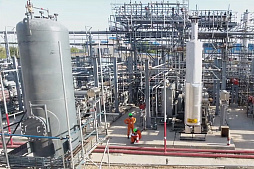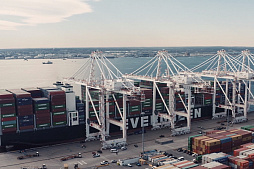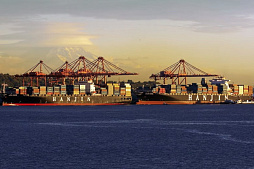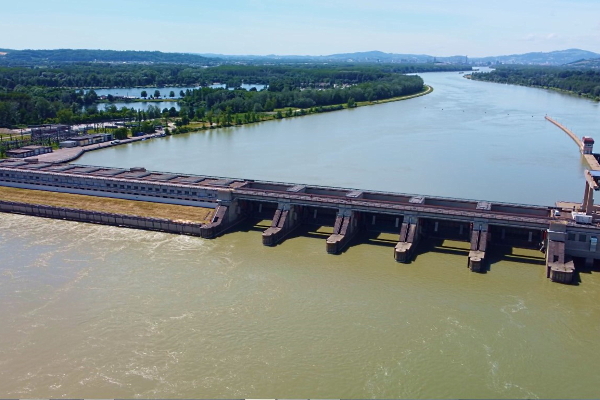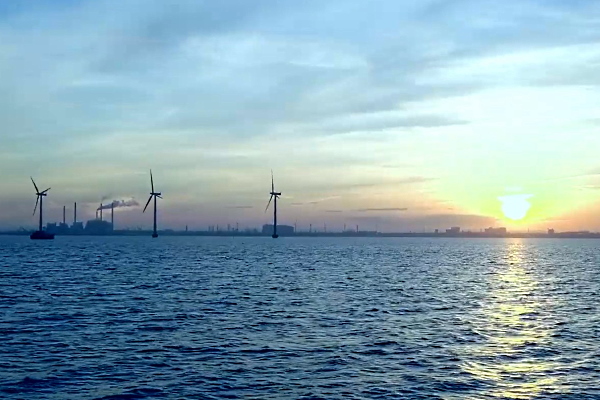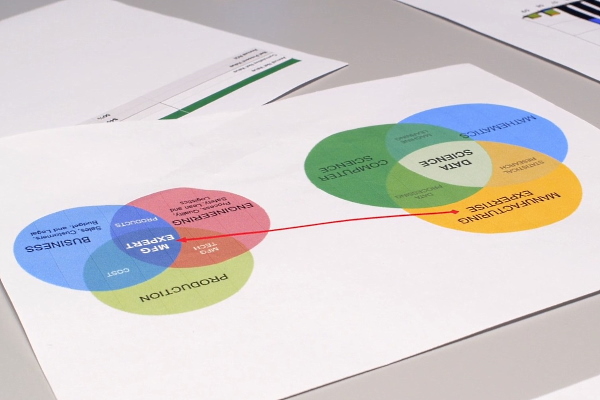To consider an application for financing, fill out the form and send it to us by e-mail along with the project brief, or contact our experts
As a result of these transformations, this former British colony is now one of the most economically developed countries in the world, significantly influencing the geopolitical situation in the region.
The rapid development of the financial sector, including long-term lending and project finance in Singapore, has contributed to the successful implementation of multi-million dollar projects in industry, energy, infrastructure, transport, trade, real estate, healthcare and other areas.
Today, innovative financial instruments play an important role in the development of big business and international cooperation between Singaporean companies and foreign partners.
General information about the economy of Singapore
Southeast Asia is the most politically, culturally and economically diverse region on the planet.Here, the highly developed countries and the poorest countries in the world coexist side by side. Singapore is of exceptional interest among the most investment-attractive countries that have achieved a high level of development.
A small island state, devoid of valuable minerals, is surrounded by much stronger neighbors, both in territory and in economic power. It is important that the region is torn apart by political, ethnic and religious contradictions. The Lion City, as Singapore is sometimes called, has managed to create an efficient political and economic system that has allowed not only to survive on the world stage, but also to effectively use the available local resources for the prosperity of business and society.
Singapore is a city-state with an open economy based primarily on the international trade.
It is the leading financial, shipping and trade center in the Asia-Pacific region and a gateway for expanding trade and investment in the rest of Asia.
Singapore's policy is aimed at developing friendly relations with all neighboring countries, supporting activities within the ASEAN framework, liberalizing international trade, and establishing close trade and economic ties with all interested partners.
Singapore's Gross Domestic Product reached US$397 billion in 2021, which is impressive given its population of just 5.45 million. Economic growth at the level of 3.8-4.5% per year contributes to the further development of this promising market by foreign companies and the attraction of additional investments in all key sectors. This is also facilitated by the balanced policy of local authorities.
The Singapore government pursues a business-oriented economic policy, creating an attractive investment climate in almost all areas.
Singapore's economy is dominated by services, the most important of which are trade, banking and financial services, and infrastructure and transportation.
Industrial production is also important, especially high-tech industries with high added value. A favorable investment climate and stability facilitate the implementation of capital-intensive projects based on project finance (PF) and other advanced financing schemes.
Singapore is considered to be a well organized country in terms of legal, tax, regulatory and political issues.
It is highly trusted by large foreign investors due to its economic and social stability, a well-developed financial sector operating in accordance with the best international standards, as well as a large number of high-qualified specialists in the local labor market.
Singapore has been pursuing a successful pro-export policy in recent decades. The electronic industry, shipbuilding, mining machinery and petrochemical industries are at a high level, attracting the attention of investors from all over the world. Singapore is also one of the world leaders in biotechnology, medicine and many other science-intensive fields.
The prosperity of Singapore is largely based on its favorable location, as the city plays the role of a world trade center.
The weaknesses of the Singaporean economy are the lack of raw materials, which makes local investment projects highly dependent on the import of minerals, raw materials, semi-finished products and energy.
But this fact did not prevent Singapore from becoming the third oil refining center in the world after Rotterdam and Houston. Agriculture plays a minor role in the local economy, so almost all necessary food is imported.
Some features of project finance and lending in Singapore
Project financing is a method of attracting long-term debt financing for large investment projects, in which the source of debt servicing is the cash flows that the project generates or will generate in the future.This method came to Southeast Asia later than to the European market, where it showed itself in the financing of large oil and gas projects. Despite the high cost of organizing PF schemes, this method allows companies to attract huge financial resources on an off-balance sheet basis, using special formally independent companies (SPV, SPC).
The project finance market in Singapore is traditionally well developed and has a long history of commercial success.
This market is replete with large-scale public-private projects (PPP) designed to develop infrastructure, energy, manufacturing and trade.
This concept has been widely used by Singaporean companies for the construction of water treatment facilities, marine infrastructure, waste processing plants and other facilities. Since the mid-2000s, official guidelines have recommended increased use of project finance to modernize and expand high-value facilities worth over S$50 million (about US$35 million).
Major projects in Singapore are financed by dozens of financial institutions, among which we should mention such reputable institutions as Standard Chartered Bank, United Overseas Bank, BNP Paribas, Bank of America and a number of others.
Singapore banks play a huge role in project finance schemes throughout the region. According to some reports, more than half of all project finance loans issued to companies in Southeast Asia are issued by financial institutions in Singapore. In 2018, the Infrastructure Asia was created, which is designed to help Asian businesses in the development of large infrastructure projects.
An important feature of the implementation of investment projects in Singapore is the smaller scale and, accordingly, the lower cost of projects compared to countries such as India, China, Japan or Saudi Arabia.
This is reflected in a peculiar approach to contractual relations, financing terms and capital structure. In particular, financing without recourse to the borrower is used less frequently.
Non-recourse financing gives the lender the right to repay the debt only from the profit generated by the project. From the borrower's point of view, the risk is limited to the funds that he has invested in the project. Thus, most of the risk lies with the providers of capital.
To finance expensive projects, partners use innovative mechanisms to ensure the safety of capital, increase the creditworthiness of companies and collateral. This includes mezzanine financing, the collateralization of a loan with highly liquid assets, the issuance of bonds, and more.
For example, a bank may issue a large long-term loan for the construction of a new facility.
Large investors provide liquidity by issuing asset-backed securities.
The borrower provides this liquidity to lending banks in exchange for long-term loans, which are converted into securities and contribute to a credit rating upgrade.
Singapore law does not restrict foreign participation in special purpose vehicles that are registered in the country. Exceptions are such sectors as banking, media, as well as some projects in licensed industries. Restrictions usually relate to the ownership of a controlling stake in a company, which is important to consider when designing a project finance structure in Singapore.
In general, the local system is quite liberal and does not require special permissions to organize project finance schemes. Additional costs associated with obtaining permits and licensing may be required only for the registration of land, the operation of communal infrastructure, as well as some issues related to energy, telecommunications, access to water and waste management.
When planning investment projects in Singapore, investor should also take into account laws that allow the authorities to forcefully buy land from private companies for public purposes.
These rules are rarely enforced and are all clearly defined in local legislation.
Project finance services in Singapore
Link Bridge Financial LTDA LBFL is a European company with international experience and extensive business contacts around the world.We have brought together a group of finance and investment professionals to provide project finance services for large businesses.
We are ready to develop a customized financing scheme for your project with the issuance of loans from 50 million euros or more, with maturity up to 15-20 years. We offer schemes with a minimum participation of the project initiator at the level of 10%.
Our services for large businesses include, but are not limited to:
• Investment financing.
• Financial modeling and consulting.
• Project finance and long-term lending.
• Loan guarantees and letters of credit.
• Investment project management.
In particular, we provide project finance services in Singapore and other Southeast Asian countries.
Our project finance services are tailored, professional, comprehensive, flexible and can therefore be modified as client needs evolve. The range of our services is sufficient for effective financing, management and advisory support of an investment project at all stages of the life cycle.
Rich experience and a customized approach allow our financial specialists to find the best solutions for any project in any market.
We know what is critical to successful project finance in Singapore and have the necessary business connections in the region.
You can trust us with everything from financial modeling and negotiation to financing and project management.














